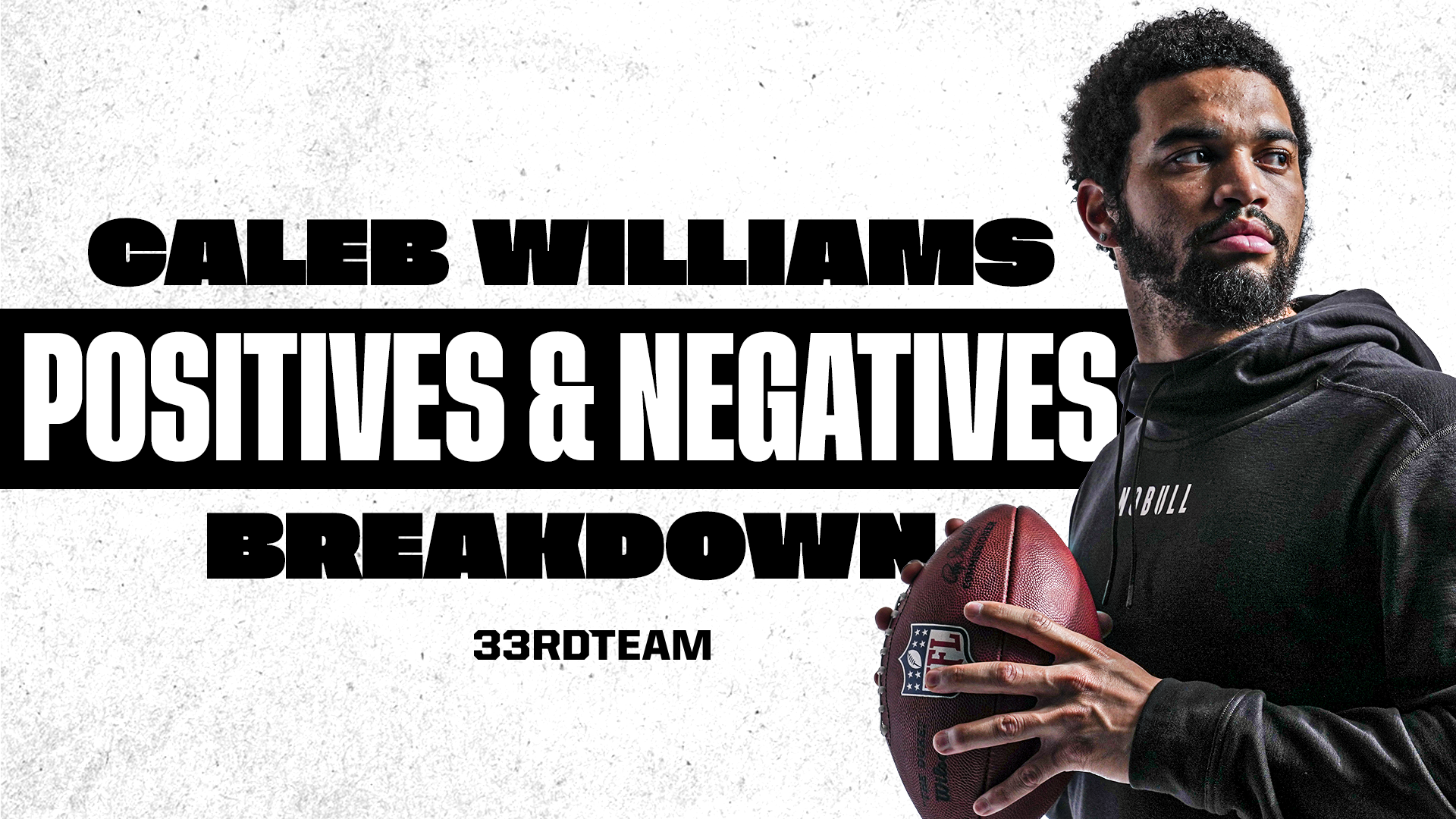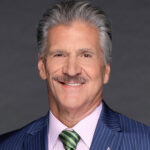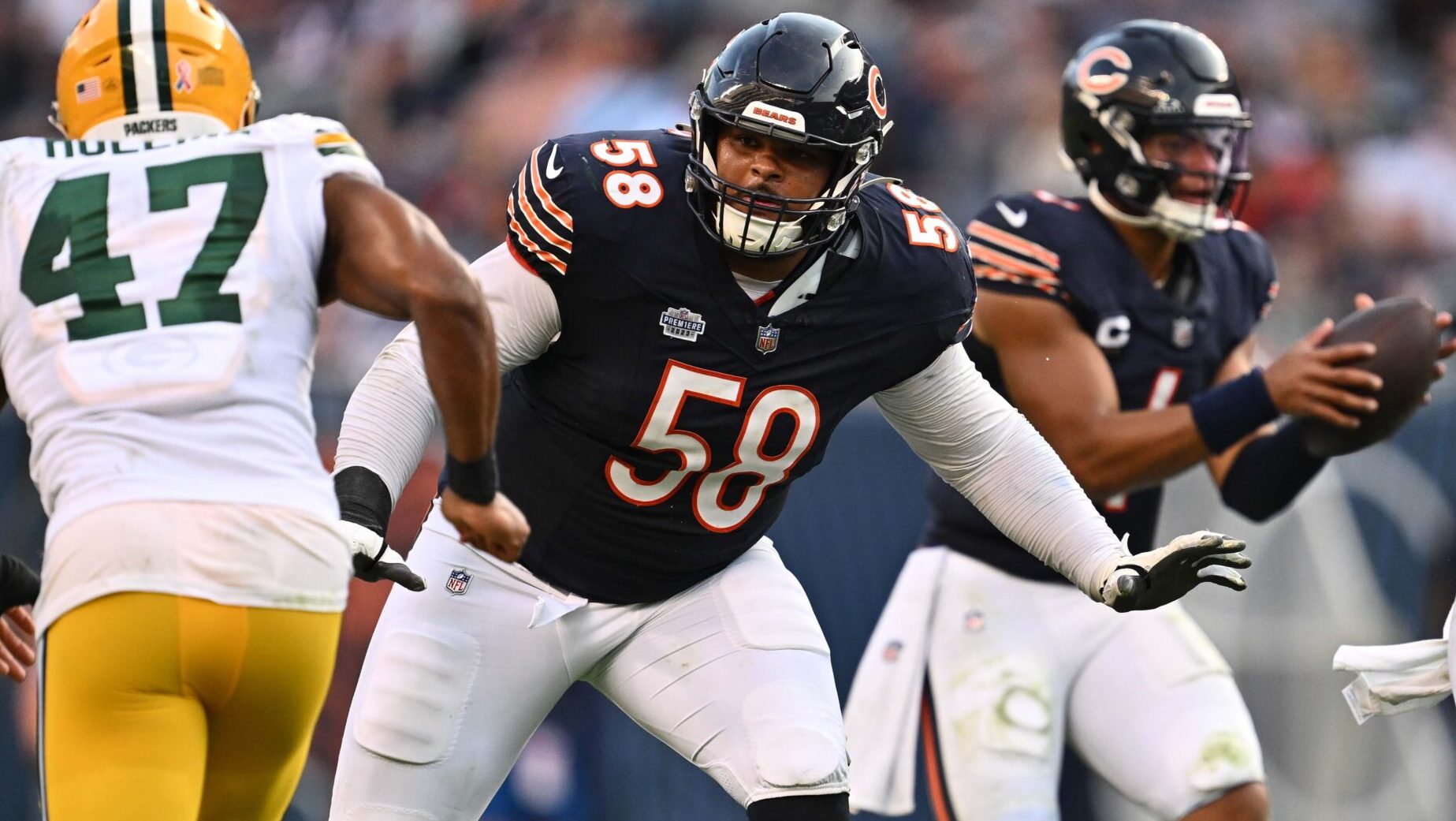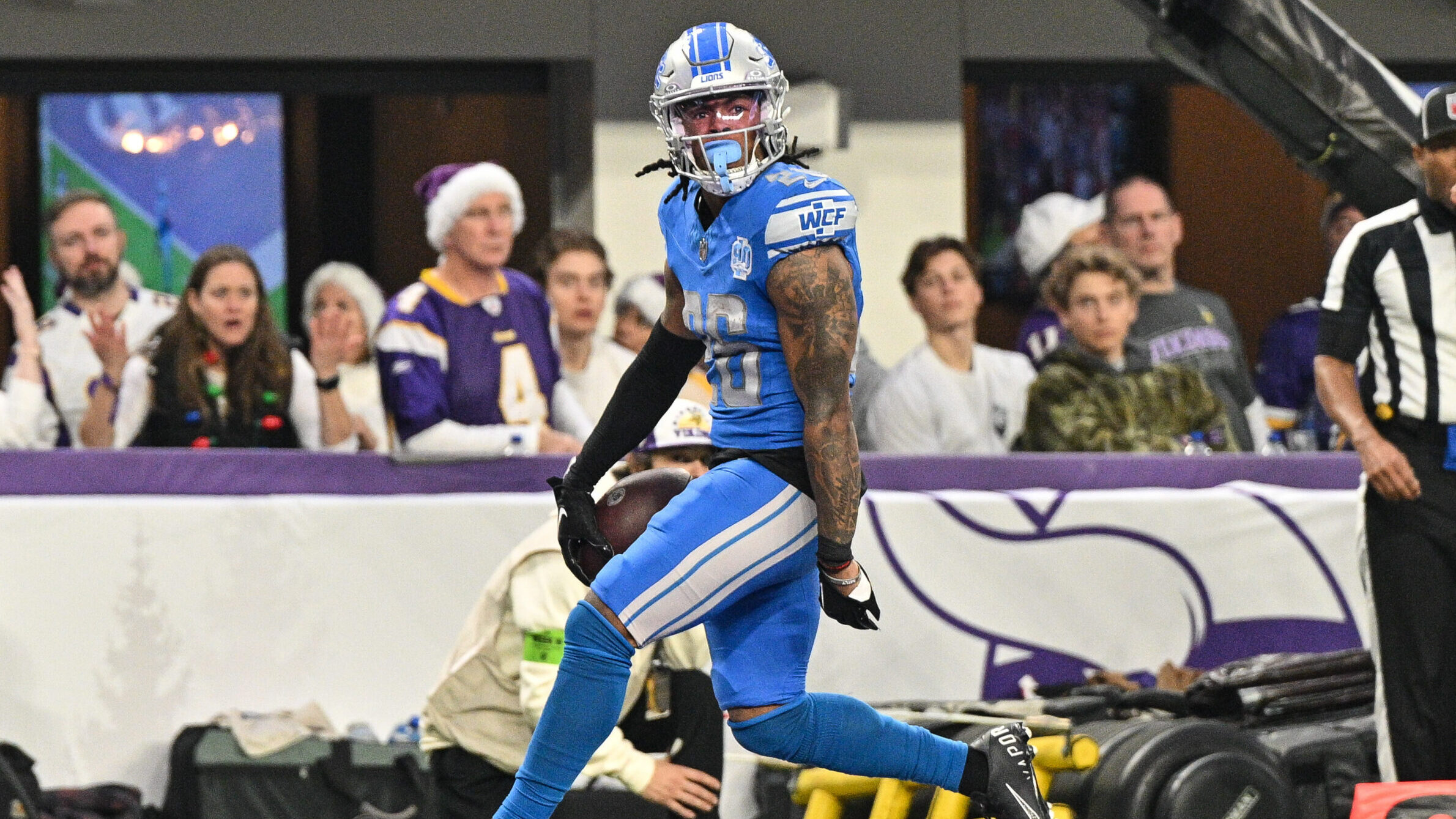Analysis
6/10/22
4 min read
How NFL Coaches and Executives Improve in the Offseason
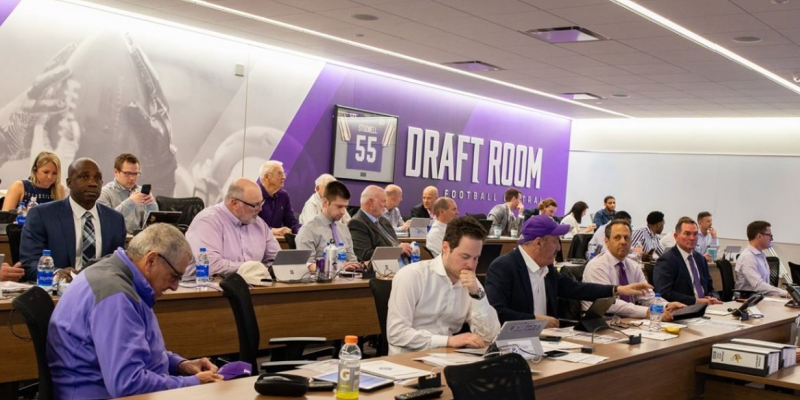
The 2022 NFL Draft has come and gone, and now we are in OTAs with training camp right around the corner. While there are always things that need to be done to succeed as a football team, the current schedule for NFL coaches and executives is not as eventful as in other times of the year.
Even though there is not a lot going on inside the building during this time, there are still valuable things executives and coaches can be doing to get better.
Former Cleveland Browns General Manager Ray Farmer, former Lions President Tom Lewand, and longtime NFL coach Chris Palmer spoke with The 33rd Team about ways for executives and coaches to develop during the offseason.
According to Farmer, the NFL calendar is as year-round as it has ever been, and that is why it is essential for people in the league to be productive during the offseason.
Farmer says, “It’s easy to get caught up in just doing the job. There’s not enough time in the day to watch every single player. There’s not enough time in the day to go to every single school. People have to lead you down a certain path, and the people that create those paths are constantly on the march.”
The people “leading the march” must use the offseason to help their younger executives hone in on their skills and get better. Therefore, the offseason is especially important for young executives looking to move their way up in the league.
Farmer recalls something he created called “Breakfast Club” in Cleveland:
“The Breakfast Club was the young guys trying to come in early in the morning to watch tape together whether it’s practice, whether it’s preparing for key positions we see in free agency and watching those guys together. The Breakfast Club becomes the place to learn more, exchange ideas, and have a forum where we can truly just be scouts.”
Allowing these executives to come in early together and collaborate creates a strong environment for them to get better and learn from each other.
Farmer’s main takeaway from the 'Breakfast Club' was:
“And that’s when you see who the real guys are in your building”
Another thing Farmer did in order to develop his executives during his time in Cleveland was empowering them during offseason meetings:
“We had an inverse process. Interns always speak first in meetings. We would have the interns speak first followed by the lower-level scouts, pro scouts, and area scouts, then you work your way up the ladder. The reason you do it is that no one should feel the need to copy or agree with the person that spoke before them because that person is their junior and not their senior.”
This kind of process makes for a stronger and more diverse discussion since everyone in the room’s opinion is heard.
In addition to development that exists within the organization, the offseason is also a time where executives can attend other clinics that allow them to become more diverse professionally. This is something that Lewand believed in strongly as an executive.
“Go do something out of your comfort zone, go learn something else," Lewand says. "Those are when the professional development seminars are, the trips out to Stanford. All of those things that you are working on trying to create additional pathways and additional professional development opportunities, those are the times to do it.”
Just as executives are working during the offseason to get better, so are NFL coaches.
Coach Palmer says it was important for him as a coach to be staying up to date with other teams around the league, as well as the rulebook:
“We would look at the top three teams in different categories to see what made them so good. We would encourage them to study the rulebook to see if they could come up with anything that was unique, and when the officials would come in to visit camp, we would have them discuss those things with the officials.”
It is important for coaches to be aware of the current state of the NFL to not only understand what other teams are doing, but maybe even use some of those ideas to make their own team better.
Palmer’s one piece of advice to younger coaches in the league is, “Don’t always be looking for your next job. Do an outstanding job where you are, and then the other people on the staff will do all the promoting for you.”
Whether it be an executive or a coach in the league in what may seem like an uneventful time in the year, it is as important as any to find ways to get better.



